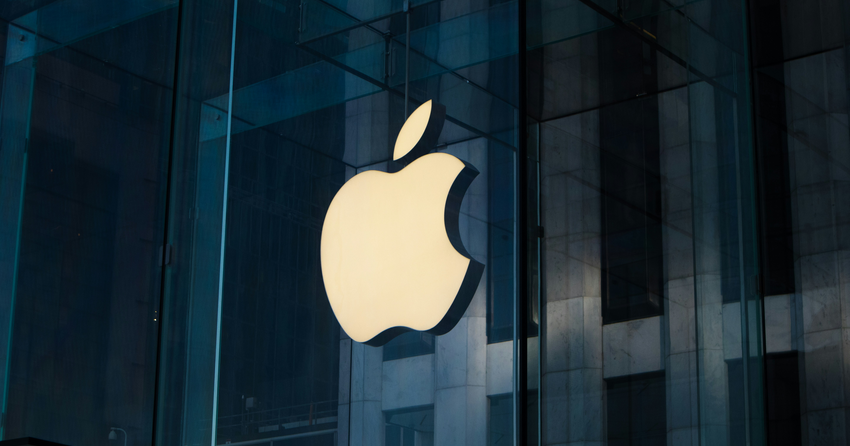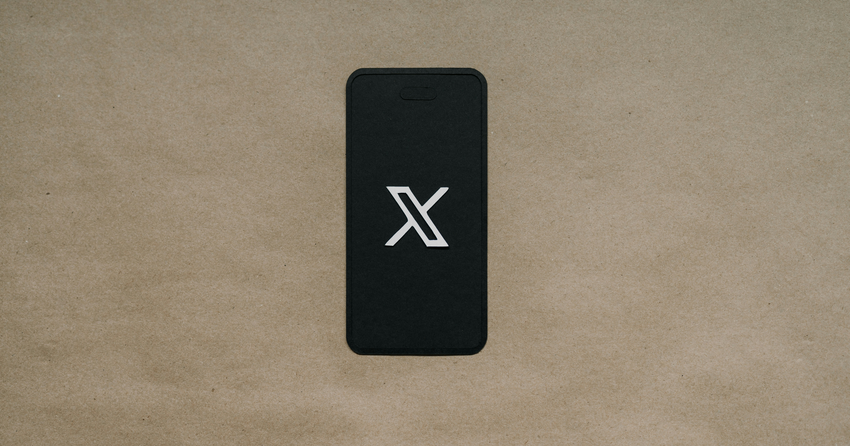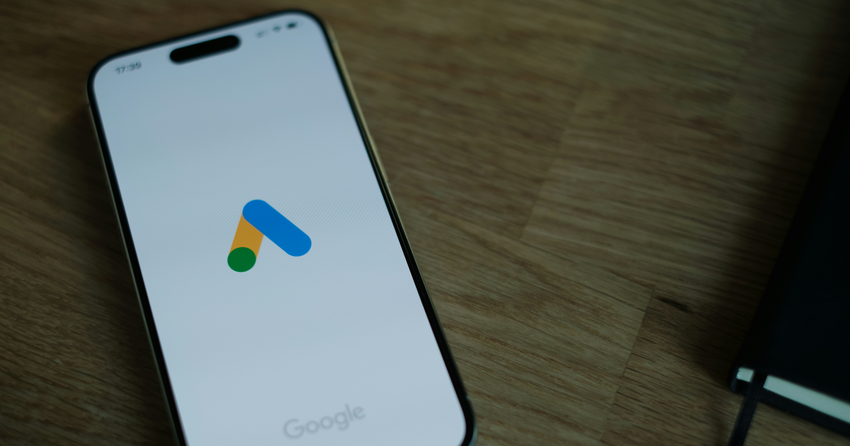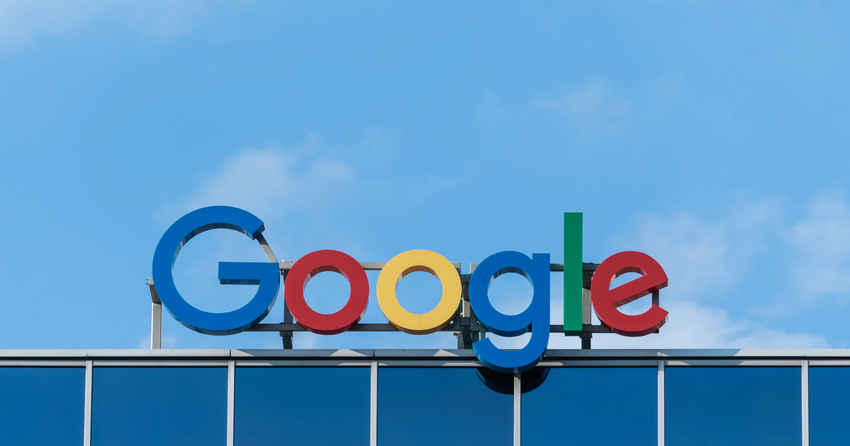
Google Removes “Written By People” From Its SEO Playbook
Google has long been a proponent of “content written by people, for people.” But in its most recent Helpful Content Update, the tech giant quietly removed the “content written by people” rule. Google is now looking for quality “people-first” content, regardless of its origin.
Google’s new rules reflect the ongoing AI revolution, where more site owners rely on AI writers to create content. As these technologies progress, it’s becoming more challenging to determine whether the content is human-made or generated by AI.
ChatGPT creator OpenAI recently shut down its AI Classifier, a tool for distinguishing human and AI content, due to its low accuracy. This could be the reason Google is dropping the “content written by people” rule and focusing on quality instead.
Google is also heavily investing in AI, both in proprietary development and AI startups, including OpenAI’s rival Anthropic. Just months after ChatGPT took the world by storm, Google announced its own AI chatbot released in March. The latest update of its SEO playbook aligns with its increased focus on developing and implementing AI technologies.
Despite allowing AI-generated content to populate its search engine, Google made it clear that low-quality AI content could still hurt site rankings. Even the best AI writers on the market require human assistance due to their tendency to hallucinate and fabricate facts. Writers and editors still need to play an active role in content generation. Google has updated its helpful content guideline to include copy “written or reviewed by an expert or enthusiast.”
In its latest update, Google also targeted sites that artificially change publication dates to make pages appear as recently updated without actually making significant changes to the content itself. Furthermore, Google deemed it unhelpful to remove chunks of older content or add a lot of new content to make the site appear fresh.
Google also addressed the practice of hosting third-party content on the website’s primary domain or on a subdomain, warning that these new changes may negatively affect the ranking of websites that rely on this strategy, especially if the subdomain content differs substantially from the website’s main purpose. Google suggests blocking its crawler from indexing this third-party content.












